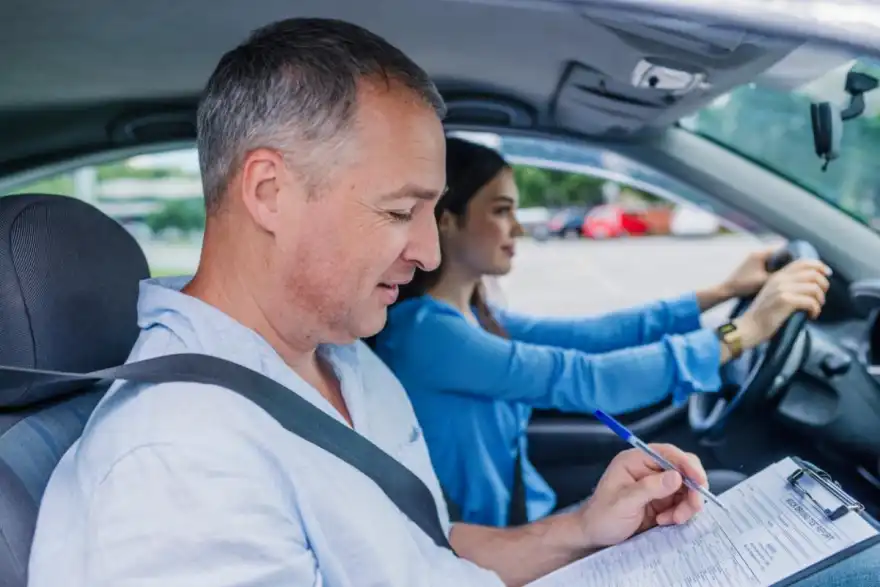
A new bill has been introduced in Parliament designed to tighten regulations for new drivers through Graduated Driving Licences (GDLs). Proposed by Labour MP Kim Leadbeater, the bill aims to impose restrictions on young drivers for their first six months as licence holders. GDLs, supported by various safety organisations, have garnered bipartisan backing in the House of Commons.
This is the latest effort to establish GDLs as law, following previous attempts, notably in 2020, which didn't gain traction despite extensive parliamentary debates.
The most recent attempt prior to this was in 2018 when then Prime Minister Theresa May directed the Department for Transport (DfT) to explore the implementation of a graduated licensing system.
The matter was raised during PM Questions by Labour MP Jenny Chapman from Darlington. Although a pilot scheme for Northern Ireland was announced in 2018, it has yet to be implemented.
In October 2020, after an inquiry by the Transport Committee, the graduated licensing scheme was abandoned.
GDLs have long been advocated by safety organisations like the RAC and AA as they allow new drivers to gain experience gradually, thus mitigating the risks associated with inexperienced drivers.
The initial 1,000 miles driven by young and inexperienced drivers are considered crucial, aiming to reduce accidents and fatalities involving this demographic. For instance, in 2022, out of 29,742 accidents in the UK, a fifth involved young drivers.
Similar schemes implemented in countries like New Zealand have shown promising results, with a significant reduction in car collision injuries among young drivers.
A GDL entails a phased approach to driving, surrounding various learning stages and restrictions, such as limitations on driving in adverse weather conditions, passenger numbers, and late-night driving, necessitating supervision. As new drivers progress through these stages, they earn more privileges until they attain a full driver's licence upon meeting all requirements.
The proposed bill follows a similar framework to past GDL attempts, with the current iteration introduced under the 'Ten Minute Rule', allowing MPs to present new bills in brief speeches.
Kim Leadbeater, in her speech, said; 'The Bill is not about taking away young people's freedom or fun; it is about trying to save their lives.
'By giving them [young drivers] the opportunity to build their experience and confidence during the first six months of driving after passing their test, we can try to ensure they have a happy lifetime of driving and the future that they deserve. Road fatalities and serious injuries are not inevitable. Our roads can and must be safer.'
Support for GDLs comes from prominent organisations like the AA, RAC, Brake, Association of British Insurers, and UK Road Offender Education (UKROEd). While the Alliance of British Drivers (ABD) opposes the bill, citing it as restrictive, overall, there is widespread support, including cross-party backing in the House of Commons. The bill has undergone its first reading and is scheduled for its second reading on May 17th.




